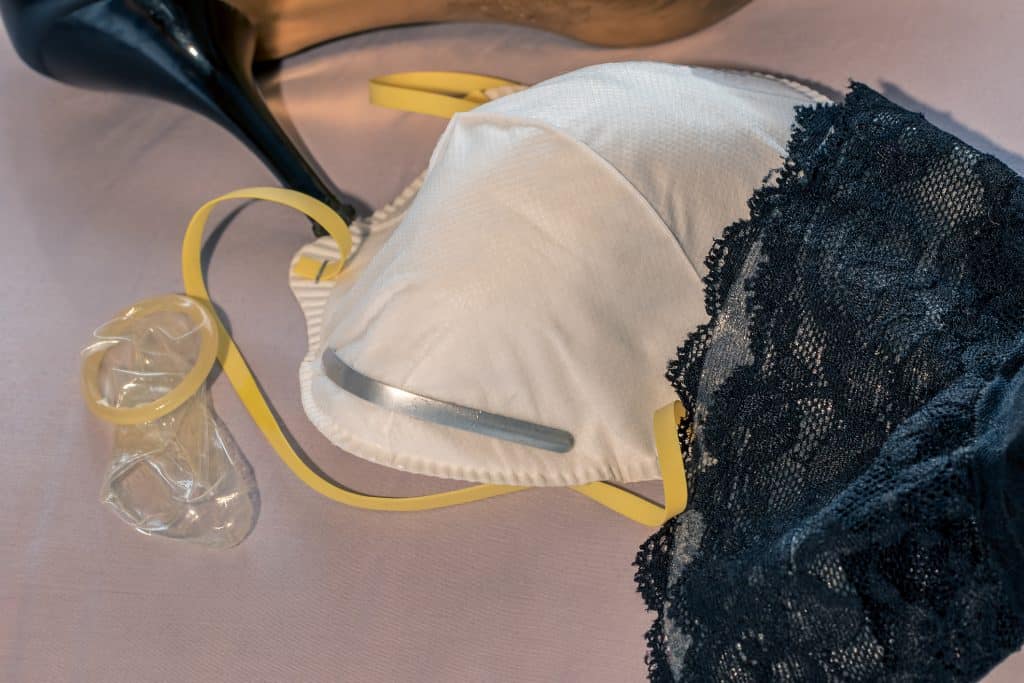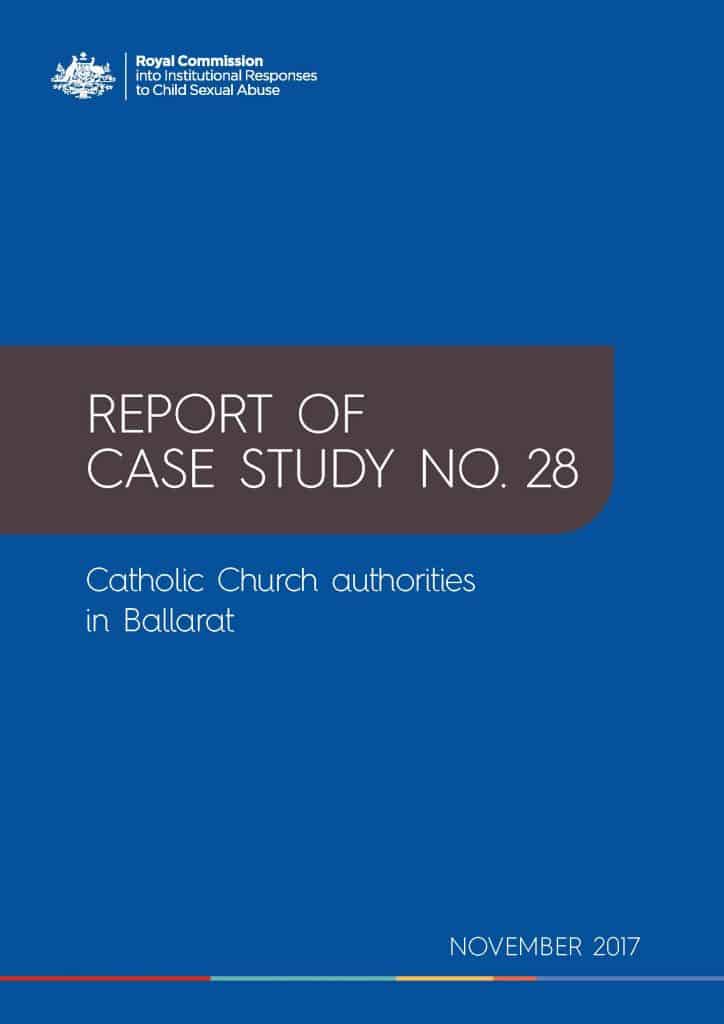WorkSafe Victoria is advertising for a Program Officer for its new sex work industry obligations. It’s a tough ask as the candidates will need to combine a good level of occupational health and safety (OHS) knowledge with a close, effective association with the local sex work industry networks.
WorkSafe has outlined its expectations for sex work OHS with these suggested considerations:







